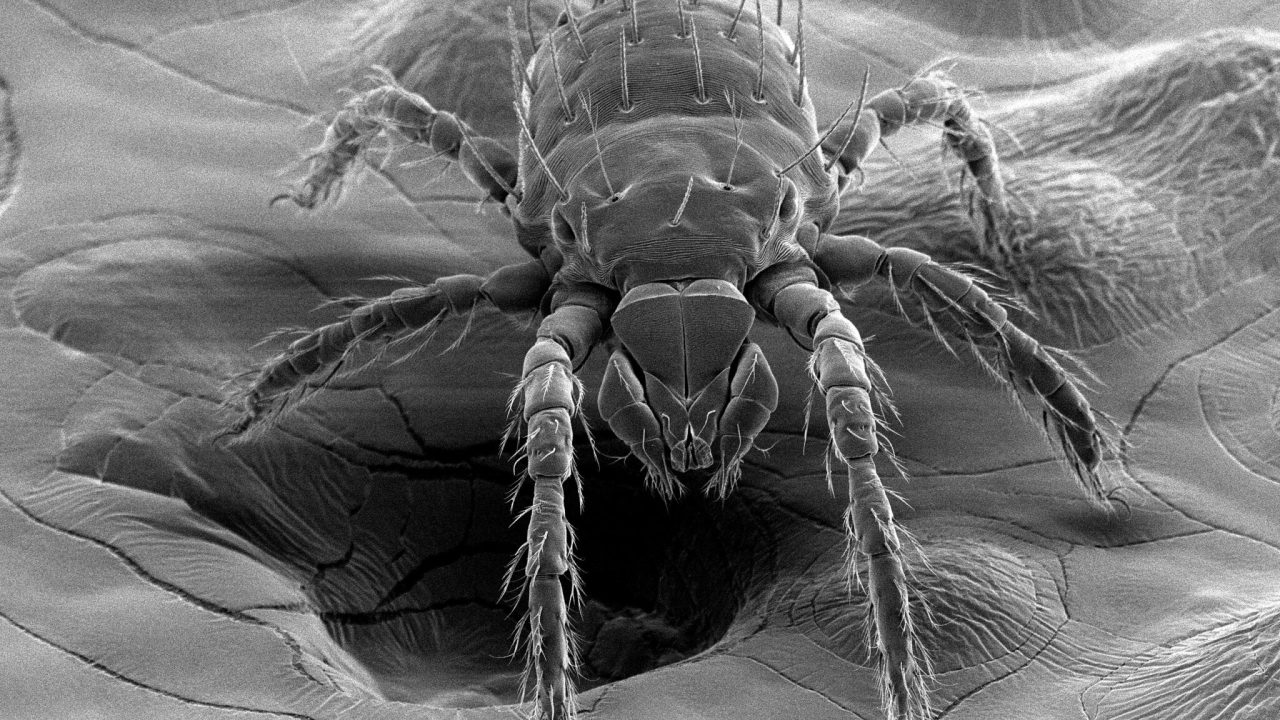Infection
Potentially dangerous, infected chiggers discovered in NC
RALEIGH, N.C. (WNCN) — Researchers have discovered bacteria-infected chiggers that could be dangerous to public health.
Researchers from UNC Greensboro and N.C. State University made the discovery while working together on an active surveillance project evaluating the role of trombiculid mites, known as chiggers, as potential carriers of bacterial pathogens. The teams found Orientia-infected chiggers in five state parks across the state.
Orientia is a bacteria that can cause scrub typhus disease. It has never been reported in the country, according to researchers.
The CDC said common symptoms of the disease are fever, headache, body aches, and sometimes a rash. People with severe illness may develop organ failure and bleeding, which can be fatal if left untreated.
“This result is epidemiologically significant because it indicates local circulation of Orientia species in chiggers, which raises the concern for the potential exposure of local residents to this potentially serious disease,” said Gideon Wasserberg, co-researcher of the study and professor in UNCG’s Department of Biology.
UNCG and N.C. State professors surveyed 10 sites. They found five infected chiggers at those sites. Three were found in the Piedmont area and two in the coastal plains.
According to N.C. State researchers, scrub typhus is found more commonly in Asia and the Pacific, but in recent years has been detected in Africa and the Middle East. They say it is uncertain whether spread is caused by people or goods carrying chiggers from one place to another.
“We don’t know if this is a recent introduction into the state or if the bacterium has been here for years,” said R. Michael Roe, William Neal Reynolds Distinguished Professor of Entomology at NC State and co-author of the paper. “We also don’t know if the infected chiggers found in North Carolina actually will cause disease; this has to be determined in future work.”
According to the CDC, no vaccine is available to prevent scrub typhus. They say you can reduce your risk of the disease traveling to areas where scrub typhus is common by avoiding areas with heavy vegetation and brush where chiggers may be found.
Suggest a Correction

